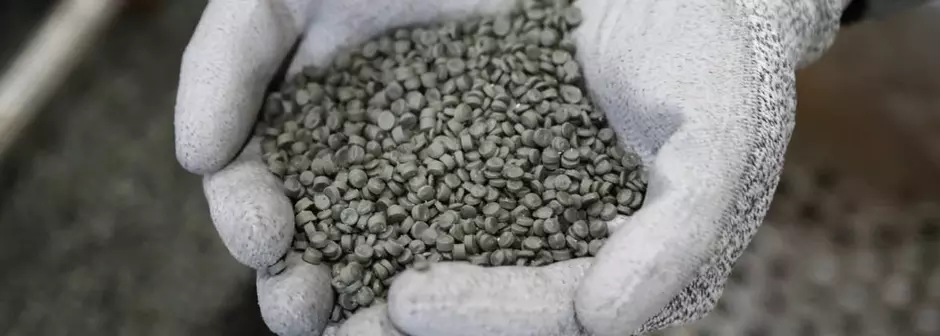Today, only 9% of plastics are recycled. Dominated by China for the most part, followed by Europe and NAFTA (North American Free Trade Agreement), their global production is increasing steadily and expected to triple by 2050. At the same time, the consequences on the environment, human health and biodiversity are significant. It is therefore necessary to act and propose solutions. Veolia recycled more than 350,000 metric tons of plastic waste worldwide in 2019, with a strong presence in Asia and Europe, and aims to recycle 610,000 metric tons/year by 2023. Its expertise in the field allows it to process several types of resins (such as expanded polyethylene (EPE) used in furniture protection, or expanded polypropylene (EPP), used in the automotive sector) that can be reused by its industrial customers.
Who are our customers?
Industry and local authorities (via selective collection and waste collection centres).
Veolia's plastic recycling offer can be broken down into several stages:
- Collection and transport of plastics to the treatment centre
- Pre-sorting to separate plastics, paper, cardboard, metals, etc., and then sorting the plastics themselves
- Hot water washing to remove impurities
- Crushing to reduce plastics to particles
- The formulation to achieve the product quality and the specific technical characteristics expected by the customer
- Extrusion to regenerate the material
Veolia offers an alternative to virgin material by recovering plastic waste (production of granules, etc.).
Benefits for our customers
Provision of a secondary raw material that is just as good quality as the virgin material
Reduction in the need for oil
Reduction of CO2 emissions
They chose this solution
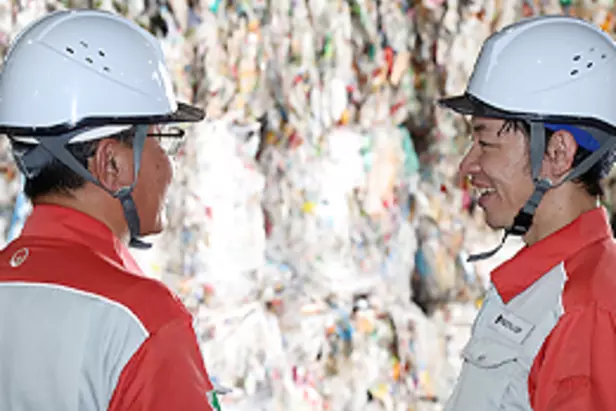
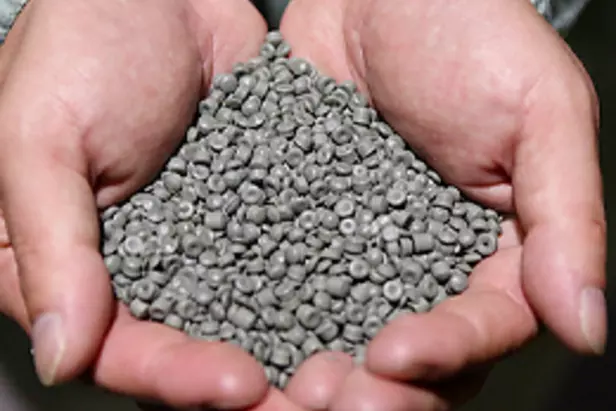
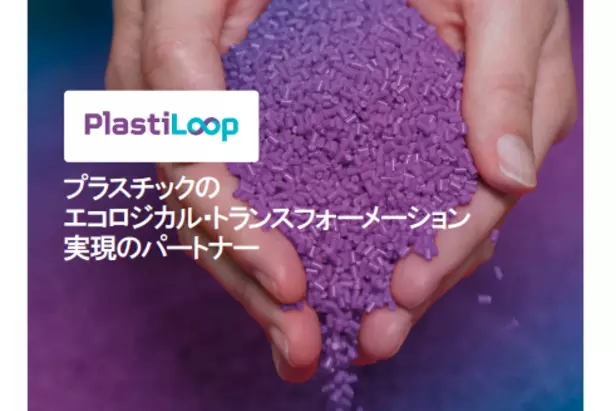
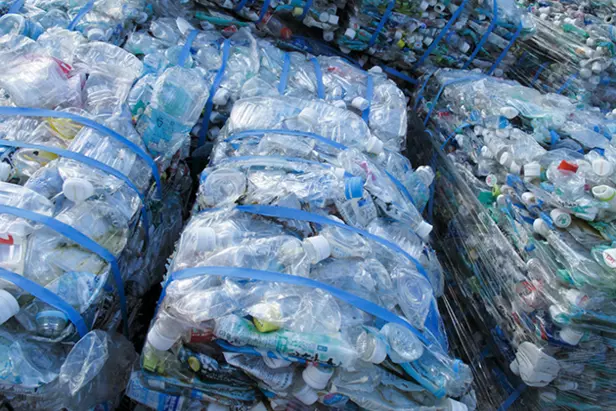
The Veolia solution
